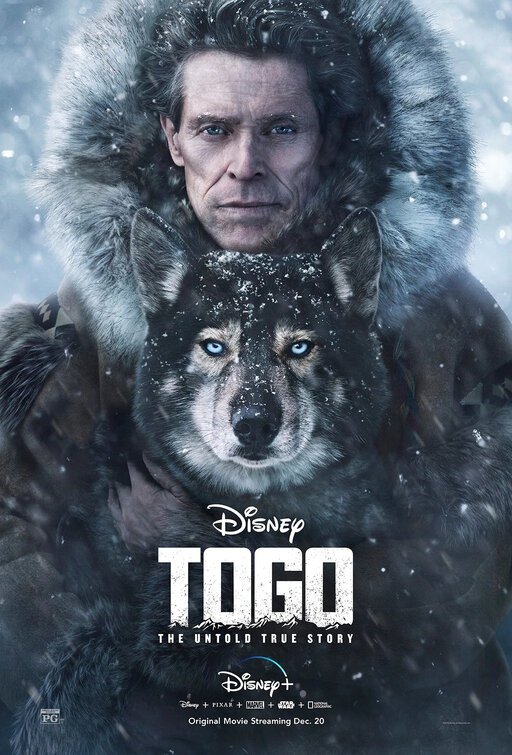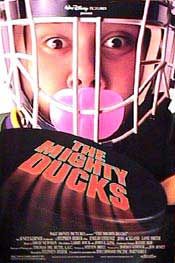AI Steals Another Celebrity Voice: ‘Profoundly Disturbed’
By Movieguide® Contributor
AI has stolen yet another celebrity voice. Natural history presenter David Attenborough’s voice was cloned by the technology, and he’s disturbed by it.
The BBC played a clip from Attenborough’s ASIA nature documentary followed by an AI-generated version. Listeners could not tell the difference.
“Online outlets in the US have reportedly been using his distinctive tones to deliver news bulletins about certain issues, including the recent election and the war in Ukraine,” The Standard reported.
Attenborough said of the incident, “Having spent a lifetime trying to speak what I believe to be the truth, I am profoundly disturbed to find these days my identity is being stolen by others and greatly object to them using it to say whatever they wish.”
The BBC then played the AI-generated Attenborough’s response.
“Let’s set the record straight. Unless Mr. Attenborough has been moonlighting for us in secret, and under an assumed name with work authorization in the United States, he is not on our payroll. I am not David Attenborough. We are both male British voices for sure, but I am not David Attenborough for anyone out there who might be confused,” it said.
This is not the first time a celebrity voice AI has stolen a celebrity’s voice. This has been an ongoing problem in the entertainment community.
Morgan Freeman is thanking fans after being notified of a viral video that uses an AI version of his voice…Freeman isn’t the only Hollywood star hitting back at unauthorized uses of their voice or likeness. AVENGERS actress Scarlett Johansson recently hired legal counsel after she claimed OpenAI used her voice’s likeness without her consent. She alleged that OpenAI CEO Sam Altman initially asked for permission to use her voice.
READ MORE: MORGAN FREEMAN CALLS OUT ‘UNAUTHORIZED’ AI VERSION OF HIS VOICE
Experts believe that AI’s abilities will grow so that regular consumers won’t be able to differentiate between what’s real and what’s AI.
“I’m very confident in saying that in the long run, it will be impossible to tell the difference between a generated image and a real one,” James O’Brien, a computer science professor at the University of California, Berkeley, said.
Questions or comments? Please write to us here.



 - Content:
- Content: 
